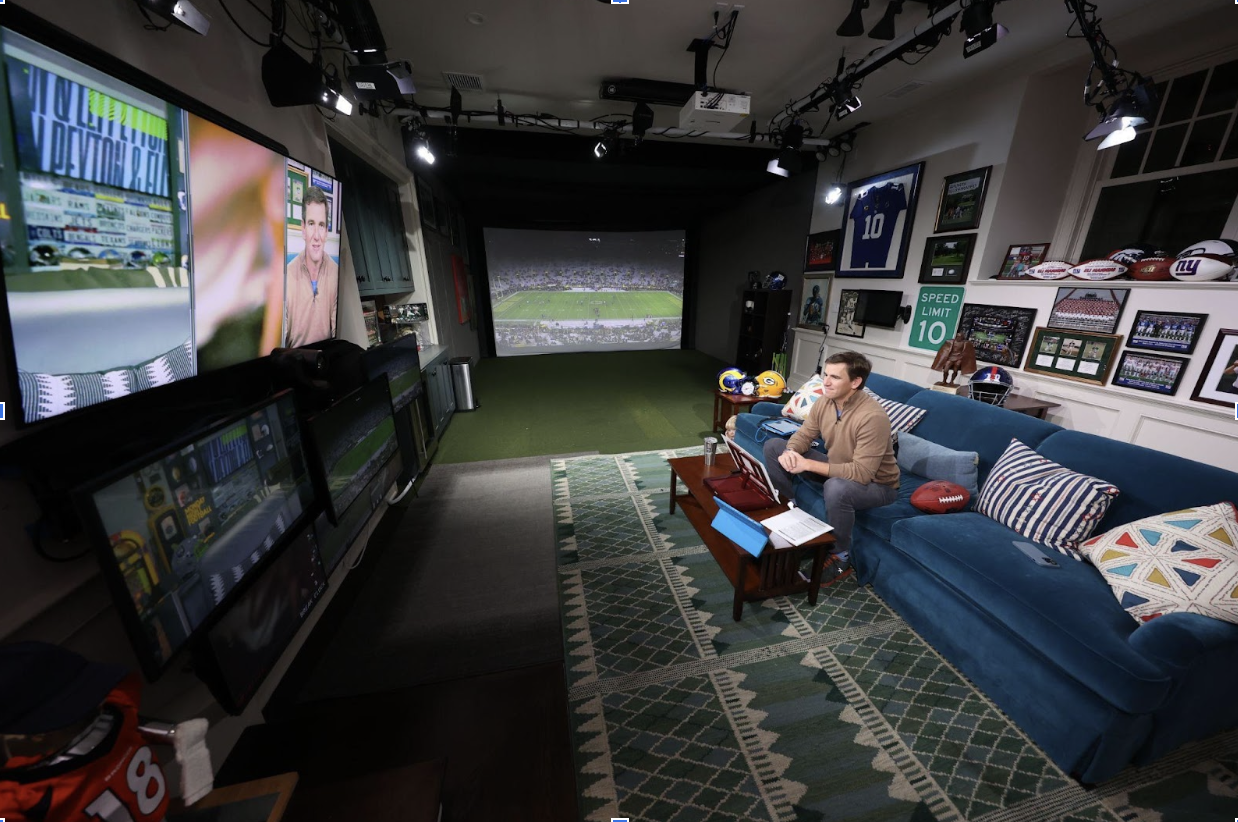“Mine, mine, mine!!” – Responsive Parenting

When a toddler starts off saying this, it can typically truly feel like they are remaining selfish. But actually, toddlers, by nature are selfish. Selfish can search like selfish but selfish is getting conscious of others demands and selecting to satisfy your very own, with no regard for other individuals. Egocentric (in regards to toddlers) is extra about becoming unaware of others needs, not maliciously oblivious. There are levels of brain development that will need to come about ahead of a kid will become much less selfish. These improvements take place the natural way and can’t be sped up.
The “mine” phase is actually anything pretty distinctive from a display screen of egocentrism. It is substantially further and a lot more profound. It is just one of the 1st verbal indicators of your child’s producing perception of self. We are not born with a sense of self. It develops overtime. As a child, we check out ourselves as one particular with our attachment figure. For the duration of toddlerhood, we start off to establish a feeling of id. This begins in uncomplicated means this kind of as establishing our likes and dislikes. Establishing what belongs to us and what belongs to an individual else.
Lots of compact small children are inclined to discover strongly with a several or several of their material belongings. This is not a indication of “materialism” or being “spoiled.” It is that their treasured merchandise have come to be an extension of their identification. Their id is just commencing to form. This attachment to “stuff” is merely one particular way kids commence to express their identification. It also provides them a perception of security, very similar to what their mother or father provided.
Another matter to look at is “mine, mine, mine” typically takes place when a boy or girl feels that their product may well be taken absent. This is why using objects away as punishment may enhance the “mines”. This can make the youngster extra desperate to keep on to their items and far more fearful of having them taken. Forcing a boy or girl to stare at this phase is also not developmentally acceptable. We can “help them” if they choose some others factors by conveying “oh this toy is really awesome. I can see why you grabbed it. I think Jayden was taking part in with it nevertheless. Can you give it back to Jayden or do you want my help?”
You may have to enable by carefully having the toy back again and offering it to the other little one. Your little one will very likely be really upset about this. Just supply them ease and comfort by hugs. Say “I know you actually want to play with it. I know supplying it back again was so difficult.” This is also a time when you may possibly deal with some intense behaviours. Remember this is simply just a signal of staying totally dysregulated. When we are dysregulated, we have really minor handle around our bodies. It is our work to protect our boy or girl, as best we can, if their overall body is reacting in a way that may perhaps damage them or other folks.
Acquire them to a protected and quiet put where you will be additional capable to assist their wants. Use delicate merchandise this sort of as blankets, a college bag, stuffies, pillows and mats to guard them as very best you can. Continue to keep your tone and body language non-threatening and tranquil. Operate on your own self-regulation as you help them and shield them.
Find out far more about self-regulation and co-regulation with my reserve Getting Your Quiet: A Responsive Moms and dads Guideline to Self-Regulation and Co-regulation







